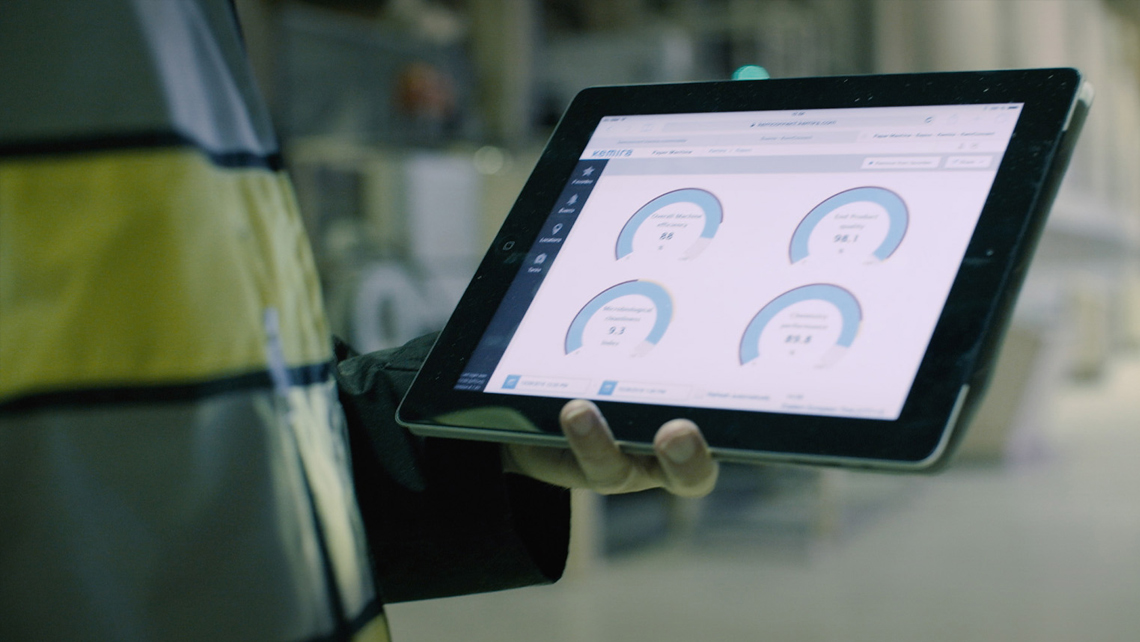Double-digit figures of the operational costs of wastewater plants but also some industries are in sludge disposal. By using the correct chemistry in combination with smart process management technologies, significant cost-efficiencies can be achieved.
While millions of people flock to the beaches and public pools this summer, and cautiously cover themselves in sunscreen to avoid sunburn, still too few ask questions about the quality of the water they plunge into to cool down from the heat.
We all produce it and contribute to the problem, increasingly so due to the global population growth. Poop, feces, waste – call it what you want, you get the drill. How many of us even know where it disappears in the modern society? We need to come up with ways to stop wasting and start reusing. It is the one plentiful resource that is not likely to run out.
A few decades ago, you could’ve become a billionaire in plastics. And now that we’re waking up to the looming crises posed by plastics, how can we both mitigate disaster and create business opportunities?
Search. Browse. Click. Buy. With every tap on a webshop you change the way boxes are built. Shopping didn’t used to be like this.
Today, every responsible company is on a quest to become as environmentally friendly as possible. Around the world businesses are looking for ways to use less energy, and generate less waste and fewer emissions.
Within the wastewater industry, terms “odor” and “bacteria as a cause of corrosion” in collection systems are used loosely for two very challenging problems.
At the same time, the development of Big Data, machine learning and artificial intelligence is beginning to offer realistic opportunities to manage water treatment systems in more efficient ways.
